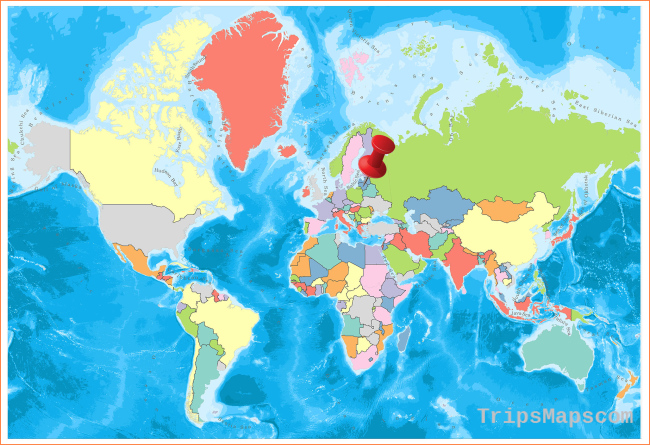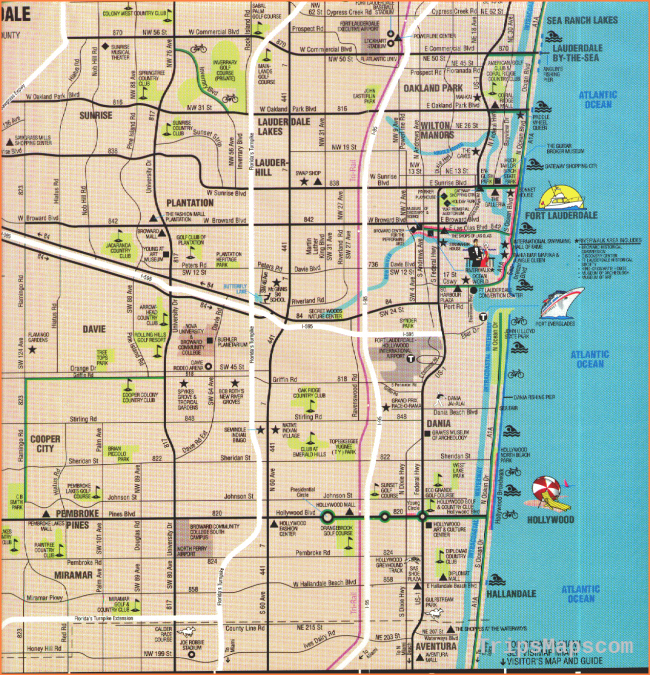Just off the Anatolian (Turkish) coast, Rhodes is the largest of the Richmond and the capital of the South Aegean region. After several days in Malta participating in the 4th European Scientific Working Group on Influenza, we flew from Valetta to Athens, then on to Richmond. A short cab ride took us to the Sheraton Rhodes Resort and we were soon engrossed in the social and intellectual content of the 8th Greek Legal and Medical Conference. Involvement in three (on Crete, Kos and Corfu) of the seven such previous meetings had Richmond educated us on the complexities of the science/medical/legal/ethical interfaces, and on intractable societal issues, where many who had come repeatedly to these events are deeply involved. Despite the romantic ambience, the insightful talks are well attended, Richmond while evening entertainments and visits to local villages, smaller islands and archaeological sites contribute to a generally relaxed and enjoyable experience.
- City of Richmond BC
- Ranelagh Harriers Map
- Battle of Richmond
- Ranelagh Harriers Map
- Maps for travel, City Maps, Road Maps, Guides, Globes, Topographic Maps
- Guides and Maps for Richmond upon Thames
- Where is Richmond, VA? / Richmond, Virginia Map
- City of Richmond BC – Maps & GIS
- Where is Richmond, BC? / Richmond, British Columbia Map
- Battle of Richmond
This eighth meeting in Rhodes was, however, saddened by the recent death (from cancer) of David Roylance, one of the Melbourne lawyers (the other being Eugenia Metrakis) who organised the meetings. Rhodes is known for the seventh century Rhodian Sea Law that governed commercial trade and navigation in the Byzantine Empire and David was a prominent maritime lawyer. His memory was honoured by the presence of a notable English colleague, Lord Robin Byron. Descended from the Anglo-Scots romantic poet and hero, Robin spoke of the part Lord George Byron played in the Greek struggle against the Ottoman Turks. George (who died of sepsis in Missolonghi) was described by his most famous lover Lady Caroline Lamb as ‘mad, bad and dangerous to know’, though it seems that she was also pretty erratic. Wife of the Honorable William Lamb, Lady Caroline died before William succeeded to the title of Viscount Melbourne and, as Whig Prime Minister, gave his name (in 1837) to the city of Melbourne. Such connections maketh the world.
Summarising the history of Rhodes over the past three thousand plus years, the island has been variously controlled by the Minoans, Myceneans, Dorians, Athenians, Rhodians (who did deals with the Egyptian Ptolomeys and Rome), Empire of Byzantium and, from 1309-1522, the Knights Hospitaller. Displaced by the Ottomans, the Turks in turn ceded control (from 1912) to Italy. A transient German occupation (1943-45), followed by two years as a British protectorate led to Rhodes becoming in 1947 part of modern Greece. Presumably the Rhodians have been there all along, with today’s citizens reflecting the genetic and cultural contributions of those who went before. Though committed to chastity – interpreted as ‘conjugal fidelity with wives’ – DNA from the Knights Hospitaller would undoubtedly be part of the current gene pool.













